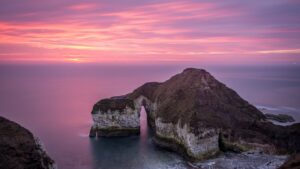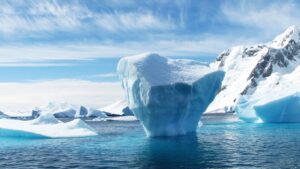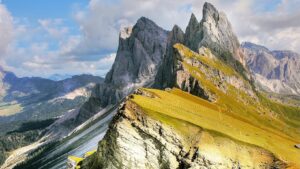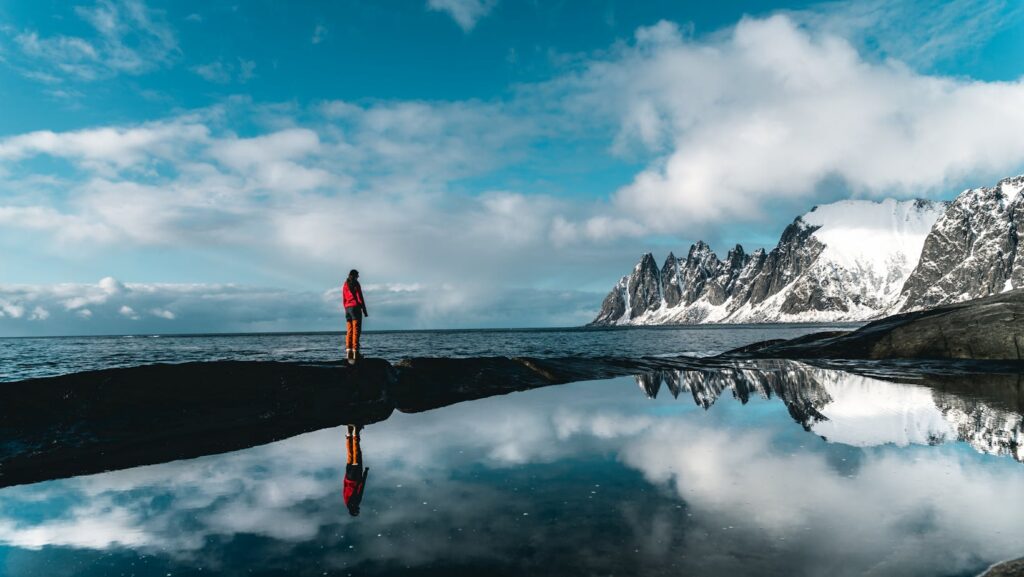Imagine standing atop a majestic mountain, the crisp air filling your lungs, or feeling the salty sea breeze on your face, the waves lapping at your feet. These experiences can be more than just a vacation; they’re opportunities for learning. Welcome to the world of mountain and sea educational adventures.
These adventures aren’t just about thrilling escapades; they’re about immersing oneself in nature’s classroom. From understanding the intricate ecosystems of the deep sea to exploring the diverse flora and fauna of the mountains, every journey is a lesson in itself.
So, if you’re eager to trade traditional classrooms for the great outdoors, you’ve come to the right place. Let’s delve into the exciting, educational world of mountain and sea adventures. The journey promises to be as enriching as it is exhilarating.
Mountain and Sea Educational Adventures
Embracing the appeal of mountain and sea educational adventures presents an exciting leap from the conventional classroom settings. It’s a journey into a unique realm where learning is influenced by the ever-changing ebb and flow, or the changing mountain terrain.
Why Choose Outdoor Learning?

Outdoor Learning stands as an innovative path for educating. Deriving its strength from an environment rich in diversity, it enriches learning through immersive experiences. Imagine lessons about habitats unfolding right in the heart of a dense forest or atop a serene mountain, or marine biology sessions conducted at the seaside, where visual learning meets the tangible. It’s here that theoretical knowledge finds its application.
A peak into historical statistics reveals encouraging trends about outdoor learning. According to a 2015 study by American Institutes for Research, students participating in outdoor science programs demonstrated improvements in science testing performances by 27%.
Benefits for Students of All Ages

Beyond academicals, journeying towards the mountains or the sea caters to students of all ages. Interacting with diverse ecosystems imparts indispensable life skills. It’s an opportunity for fostering leadership, teamwork, problem-solving skills, resilience, and adaptability. For instance, understanding the dynamics of mountain weather helps predict sudden changes and prepares them for abrupt situational shifts, an essential trait for real-life crisis management.
Naturally, the health benefits are paramount. Exposure to fresh mountain air improves respiratory health, while moderate sunlight exposure ensures a Vitamin D boost. Psychologically, it’s proven that nature experiences can lower stress, boost mood, and enhance cognitive function.
Planning Your Educational Adventure
Moving from the conceptual to the practical, the next step in embarking on an educational adventure, either mountain or sea, involves careful planning. The students and educators must consider choosing the right program and incorporating safety measures.
Choosing the Right Program

Selecting the appropriate program for an educational adventure entails evaluating numerous factors such as the age of the students, their learning objectives, and the duration of the trip. A more physically challenging mountain adventure, for instance, includes activities like hiking, survival skills training, and wildlife observation. It might be best suited for older students or those with a penchant for outdoor challenges. Conversely, a sea adventure, with a focus on marine life identification and conservation efforts, might appeal more to students passionate about marine biology and ecology.
Safety Considerations

A crucial component of any educational adventure is ensuring the safety of the students. Establishing clear guidelines, adhering to safety standards, and investing in high-quality safety equipment remains paramount. In the case of mountain adventures, precautions include acquiring weather forecasts, packing essential survival gear, and engendering a thorough understanding of survival skills. Meanwhile, sea adventures necessitate safety measures like life vest usage, basic swimming skills training, and education about potential marine hazards. Additionally, both types of adventures must include comprehensive emergency response plans, with a commitment to training students on their duties and actions in case of unexpected events.
Fulfilling And Safe Experience
Mountain and sea educational adventures aren’t just thrilling experiences; they’re also powerful tools for learning. They offer unique opportunities to enhance academic knowledge and problem-solving skills through activities like hiking, survival training, and marine life identification. These adventures also foster a sense of responsibility towards nature, positively impacting personal growth. But the success of these ventures lies in proper planning. Choosing the right program based on student age and learning objectives is paramount.

